Who deformed the outer Solar system: star-the intruder or the "ninth planet"?
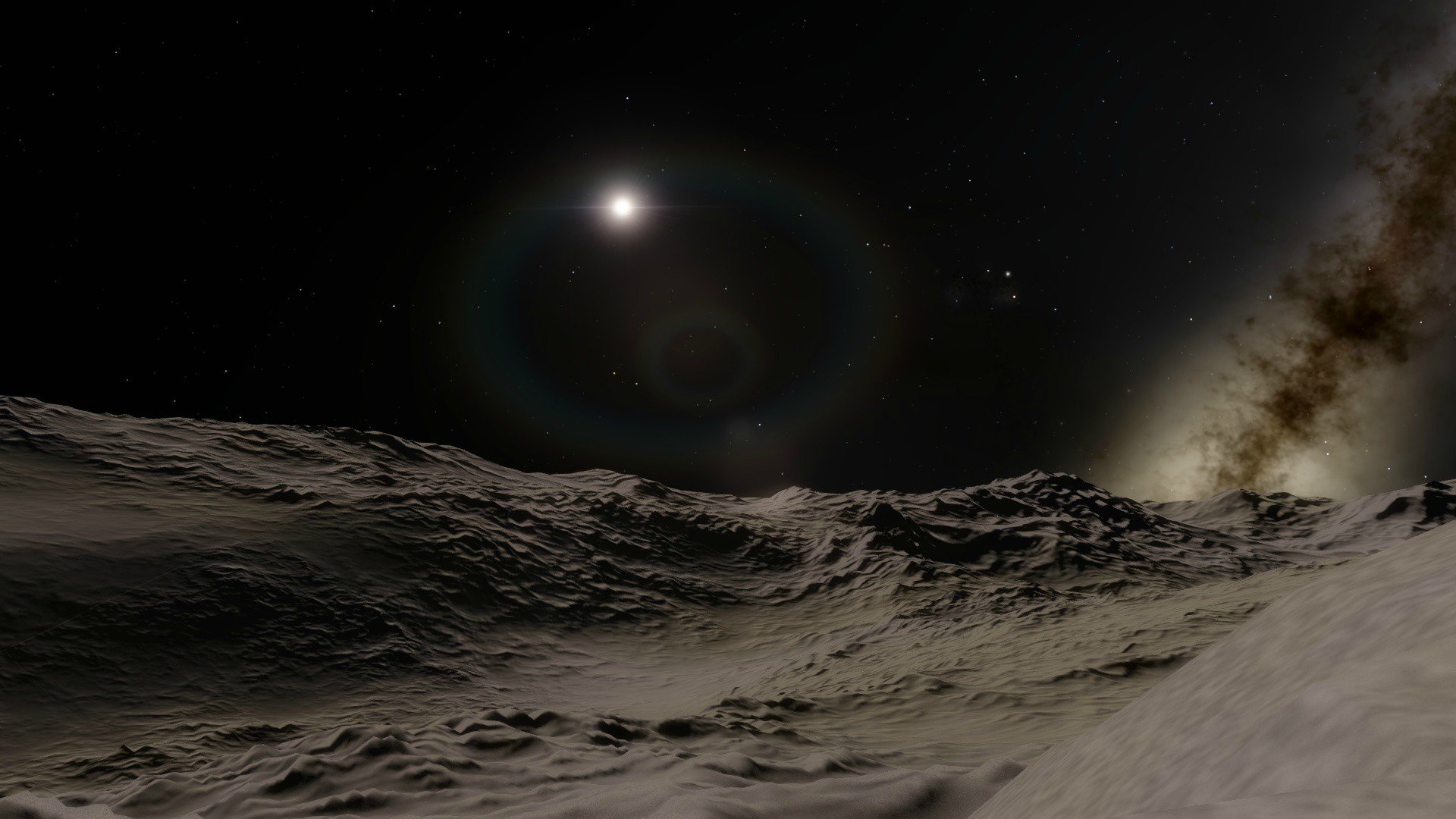 Source:
Source:
In the far reaches of our Solar system lies the conundrum. For a long time astronomers believed that the eight planets rotate on almost perfect circular orbits, because once formed in a swirling disc of dust and gas surrounding the young sun. But in 2003, scientists discovered something strange: a dwarf planet Sedna has a strange orbit, changing the position of the two distances to Pluto to more than twenty distance to the Sun. And she's not alone. For years astronomers have discovered nearly two dozen distant icy objects whose orbits are oblong and strangely tilted compared to the plane of the Solar system.
To explain these oddities, scientists have suggested that perhaps these worlds — the brutal scars of the past. Perhaps one day in his youth, the Solar system passed close to a star knocked off course these worlds. Or distant ninth planet by its gravity violated the order in our system.
The Latter hypothesis gained weight over the past few years, forcing the first to smell the dust, says Suzanne Pfalzner, the astronomer of Institute of radio astronomy to them. Max Planck in Germany. Anomalies in the orbits of several small objects of the outer Solar system have accumulated evidence that "the ninth planet" is about 10 times more Land mass. Meanwhile, the intruder star was considered too unlikely — until now. Pfalzner and her colleagues recently published a paper on the Preprint server arXiv, which was adopted by The Astrophysical Journal, in which he showed that the stars can fly in the neighborhood of our Solar system much more often than thought. These results not only give weight to the theory of stellar flight, but can also explain how the "ninth planet" to his strange orbit.
thethe Strange orbit of Sedna
Astronomers know that the Sun wasn't always so lonely. It was born in a cluster of hundreds or tens of thousands of stars that were scattered across the galaxy in just 10 million years. Therefore, while our Sun was in this cluster, the stars scurried back and forth in a dizzy dance, which could easily lead to the aerial in our nascent solar system. But after a gap of congestion on parts of the likelihood of such an invasion has fallen to almost zero. Anyway, thought so. But Pfalzner and her colleagues are now saying that the chances of invasion remained relatively high after the accumulation began to fall apart. After many long computer simulations they found that the star mass of our Sun with a probability of 20-30% could fly 50 — 150.e. from Pluto (1 and.e. is the distance from the earth to the Sun, approximately 150 million kilometers). Of course, such a close approach shook our young Solar system.
Although large planet would be untouched (the Sun, for example, is almost not felt the weak gravity of the eight planets), the invasion could move small objects by placing them on a strange orbit in the Solar system. Moreover, the simulation recreated the second trend that astronomers observed in the Solar system — the tendency of external objects to be grouped together. They move together in close groups. In simple words, star-intruder fits perfectly in a model created on the basis of observations.
"But they will last for 4.5 billion years", that is, until there is a Solar system, "is the million-dollar question," says Scott Kenyon, an astronomer at the Harvard-Smithsonian center for astrophysics, not involved in the study. And Pfalzner agree with him. She would like to model long-term behavior in order to understand whether the changes caused by the star's invasion, for the entire lifetime of our system.
Scientists are avidly searching for new data using a number of different observing campaigns. Some teams, for example, have combed through large chunks of the heavens in search of oddities in the outer Solar system. Scott Sheppard, an astronomer at the Research of the Carnegie institution who was not involved in the study, could not contain their excitement on the eve of the launch of the Large SYNOPTIC telescope is an 8.4-meter dish, which will open up hundreds of new solar systems.
Kenyon, meanwhile, hopes that the spacecraft Gaia, which is in the process of clarifying the provisions of a billion stars with unprecedented precision, will help you find brothers and sisters of our star. This will allow scientists to better understand star cluster, which has formed our young Solar system, and the likelihood that another star comes too close. "Gaia" is our new Savior," he says. A recent study Gaia allowed us to track the path of nearby stars in the past and projecting them into the future, only to discover that 25 stars can come dangerously close to our home for 10 million years. And, of course, everyone wants to find the "ninth planet."
But Pfalzner argues that the opening of another major member of the Solar system does not preclude the starry span. "It's not a script either/or," she says. "If the ninth planet exists, it does not exclude the model of stairs, rather in her favor." The projected orbit of the ninth planet, an eccentric and tilted (relative to the plane of the Solar system) also could be formed under the action of stellar flight. The discovery of the ninth planet will put a lot of points over i.
Recommended
The Americans on the moon: what everyone should know?
the Upcoming cosmonautics day is my favorite holiday. It marks the triumph of the human mind: in just four thousand years Homo Sapiens went from hunter-gatherers to space explorers. 12 April 1961 Soviet cosmonaut Yuri Gagarin became the first man in ...
Why are some galaxies spiral shaped?
you Know what surprised me the most? The fact that we perceive the surrounding world as it is. Animals, plants, the laws of physics and the cosmos are perceived by many people as something so mundane and boring that they invent fairies, ghosts, monst...
Astronomers were able to see the death of another star system
In the cosmic ocean drifts a lot of mysteries about the existence of which we are unaware. One of these was uncovered five years ago, when astronomers have discovered a lonely star at a distance of 570 light years from Earth, the brightness of which ...
Related News
The observation of a black hole have confirmed the General theory of relativity
the result of the analysis of data and 26 years of astronomical observations became the official confirmation of predicted by General theory of relativity features of the motion of stars in a strong gravitational field of a superm...
Under the South pole of Mars have found a lake of liquid water
Space Orbiter Mars Express of the European space Agency has received evidence of the availability of stocks of liquid water under layers of ice and dust in one area of the South pole of Mars. Writes about the opening of the offici...
Pack your bags: 8 cool places for Martian tourism
Mars is a planet of contrasts. There is a huge volcanoes give way to deep canyons, plains, sandy dunes, and in the deep craters of the planet may still contain water in one form or another. At least, according to scientists. Once ...
Life in Europe may be beyond our reach
In our Solar system, has a private Hot: Europe, ice-covered moon of Jupiter where there may be alien life. Unlike Hoth, the surface of which was full of life, Europe life can thrive in the ocean under its frozen surface. But the p...
The last map of the ancient Universe restored according to the "dead" satellite
Astronomers who work with the satellite constituting the map of the Universe, provided the final set of processed data of the project. What you see above is the newest image to the oldest visible light in the Universe microwave ra...
Official: Facebook is building its own Internet-satellite "Athena"
In may this year, detectives from IEEE Spectrum found something exciting: apparently, Facebook has been secretly working on an experimental satellite that could broadcast the Internet to the Ground by using radio signals of millim...
Russian physicist proposed a new space drive. On the water!
Mikhail Kokorich, the founder of a startup Momentus that is backed by Y Combinator is developing a new technology for space engine, I did not realize that going to the moon. He graduated from the Novosibirsk University and became ...
Journey to the Sun: why solar probe Parker melts?
This summer, NASA will send a solar probe, "Parker" (Parker Solar Probe) to the Sun and will penetrate deep into the atmosphere of the sun, deeper than any mission before it. If the Earth was at one end of the meter stick and the ...
27 July will be the longest total lunar Eclipse in 100 years
on 27 July, the Earth will pass between the sun and the moon, will cast a shadow on our satellite and will color it red. It can be observed long enough, as a total lunar Eclipse will be the longest in the last 100 years. the tota...
#gallery | Preparing for the first manned mission to the moon. As it was
the Twentieth of July 1969, exactly 49 years ago, the astronauts of the manned spacecraft "Apollo 11" were the first human landing the moon. Years of effort, dangerous experiments, grueling workouts and ambitious missions are not ...
Blue Origin successfully landed the rocket and the capsule with the crew after the test run
That night in Texas Blue Origin has carried out the most important flight test in the history of its existence. She conducted a test on the separation of the capsule with the crew from the launch and the success was complete. The ...
In the UK to build its first spaceport
In recent years, more and more States are included in the space race. And recently it became known that after more than 10 years of debate, the UK government has decided to build its first spaceport. the Location of the future fa...
Why the Americans did not fly to the moon more than 45 years since the last landing?
the Landing 12 astronauts on the moon remains the greatest achievement of the American space Agency NASA. During these trips, the astronauts collected samples of lunar soil, conducted video and photography of the satellite, conduc...
Could gravitational waves reveal how fast our universe is expanding?
Since its inception 13.8 billion years ago, the universe continues to expand, throwing hundreds of billions of galaxies and stars like the raisins in rising dough quickly. The astronomers pointed the telescope at some stars and ot...
The NASA probe "Yunona" found another possible volcano on Jupiter's moon IO
Data collected by the spacecraft of NASA "Juno" with the help of the JIRAM instrument, indicate a new source of heat close to the South pole of IO. It can be previously unseen volcano on Jupiter's moon. Infrared data were collecte...
SpaceX is getting closer to the beginning of their manned space launches
Official website of the company SpaceX in the "Twitter" reported that after the completion of thermal vacuum and acoustic tests on the spacecraft Crew Dragon arrived at the Cape Canaveral (Florida, USA). This means that SpaceX is ...
that Blue Origin will start selling tickets for space tour next year, we learned . And if you're not a billionaire, not an astronaut and not one of the crazies that will go to the Big Fucking Rocket Elon musk on Mars, start to sav...
Asgardia – the dream of science fiction becoming reality. The first space society, independent of politics and management of the earth's laws. Since the founding of Asgardia in 2016, its de facto leader was a Russian businessman, ...
Before the end of this year, Israel wants to send to the moon lander
Israel wants to end the year to carry out a mission sent to the moon lander. For the country it will be the first such space mission. The project is a non-profit organization SpaceIL, as well as state concern Israel Aerospace Indu...
Airbus will build Mars Rover to collect samples of Martian soil and return them to Earth
In April this year, the us space Agency NASA and the European space Agency (ESA) agreed to consider the possibility of delivering samples of Martian soil to Earth in future missions to the Red planet. According to the latest news,...



















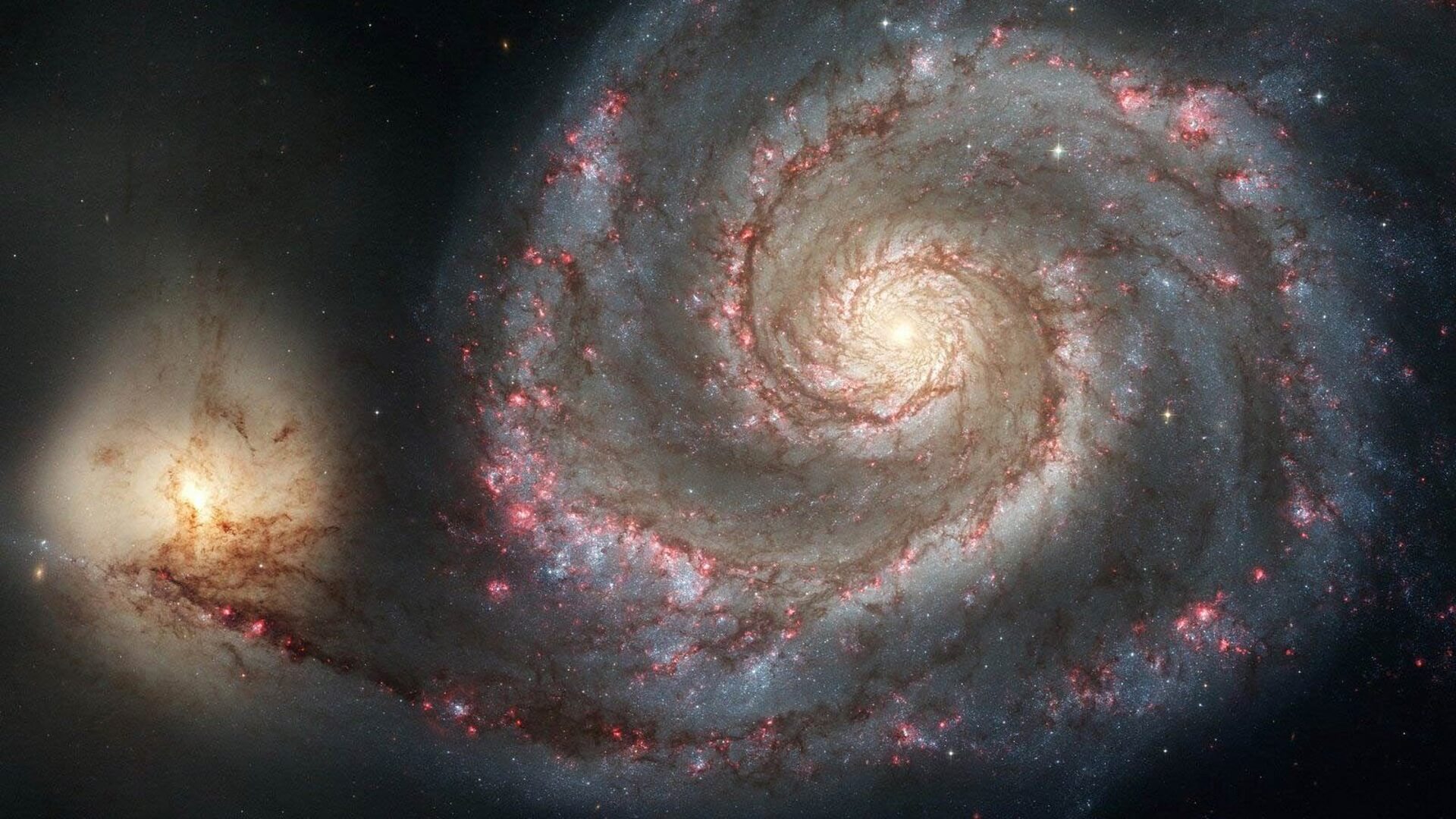
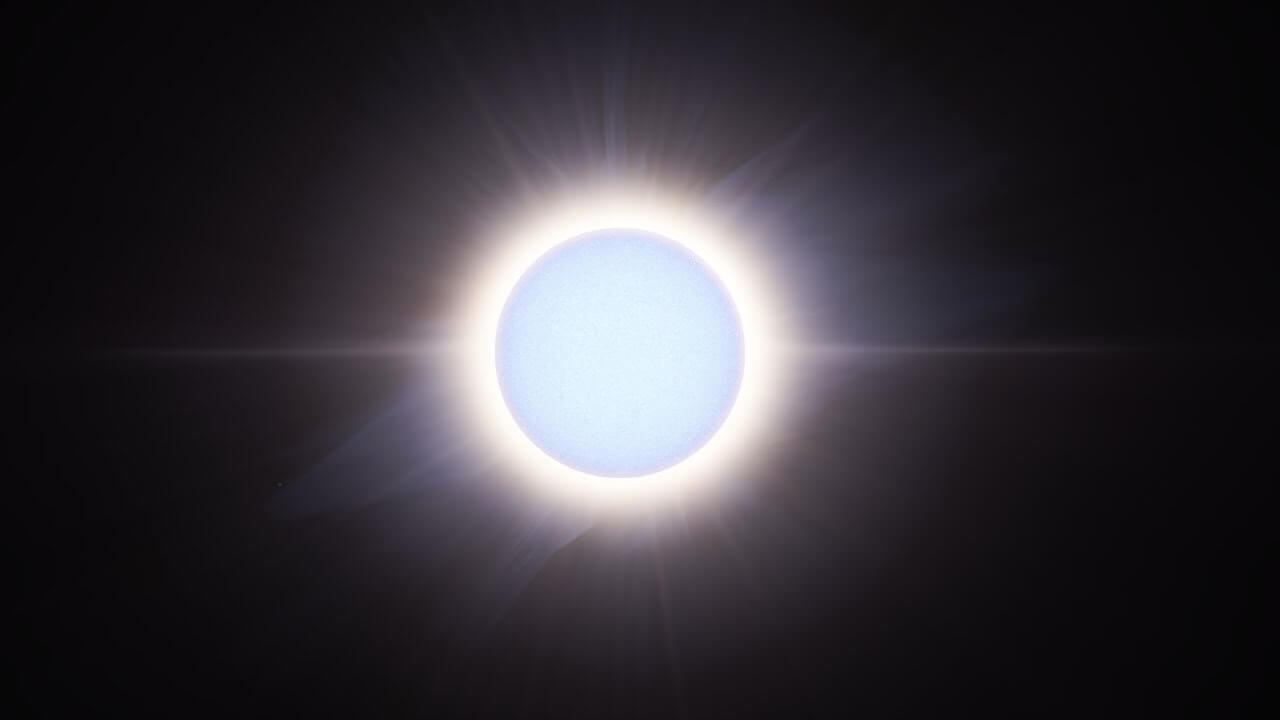
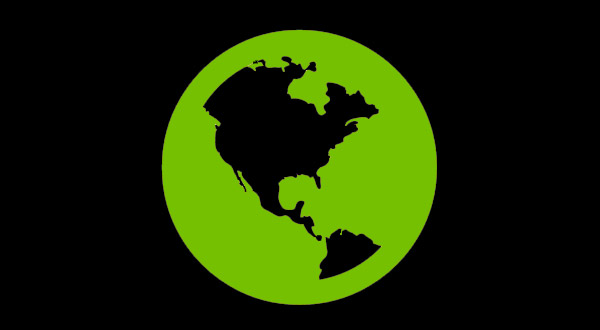
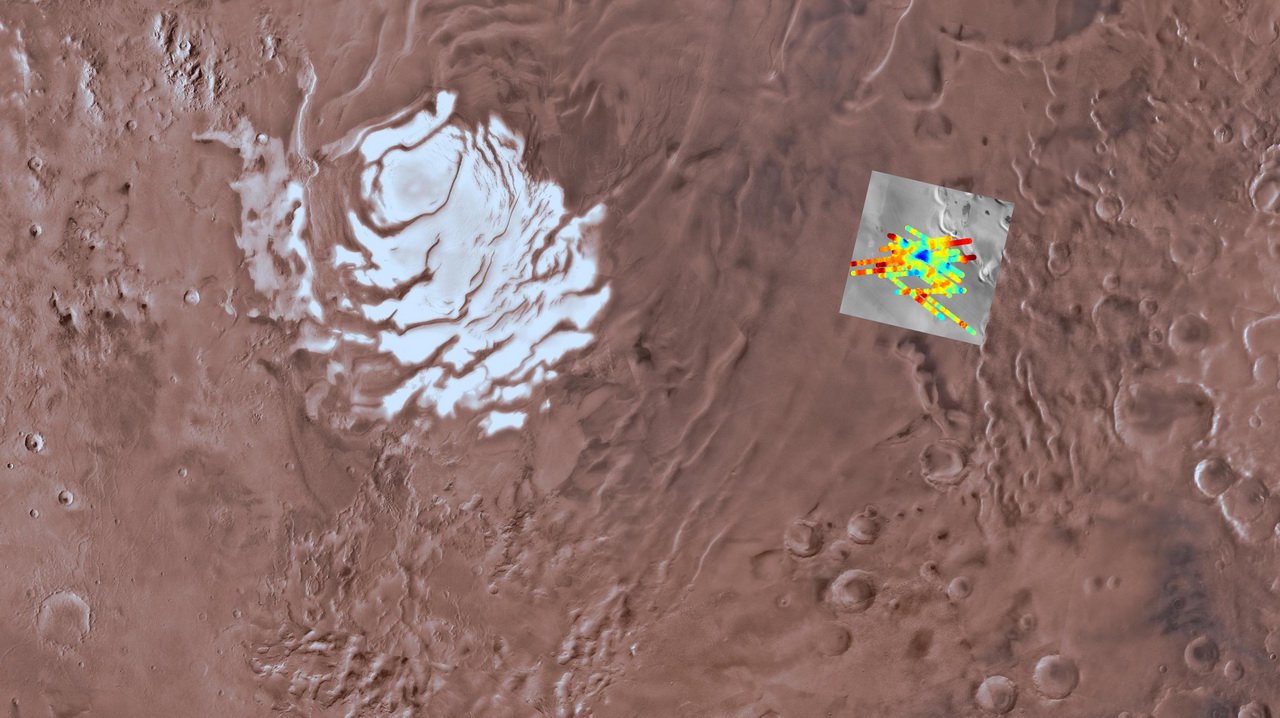

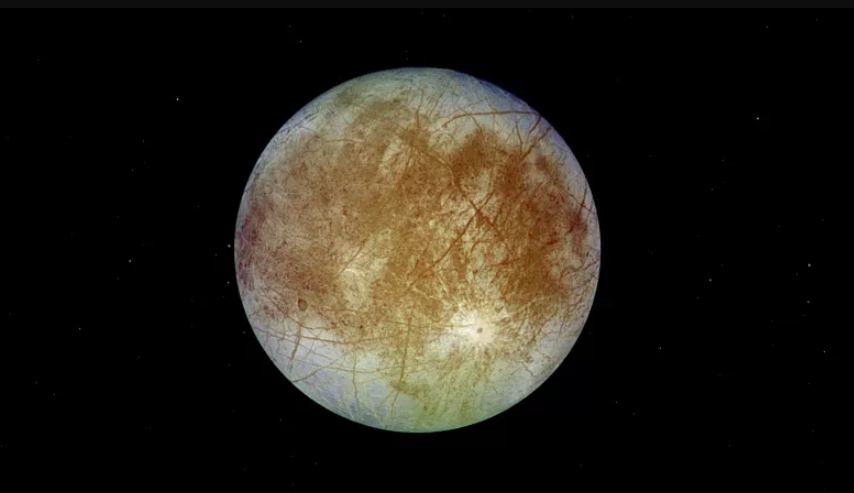
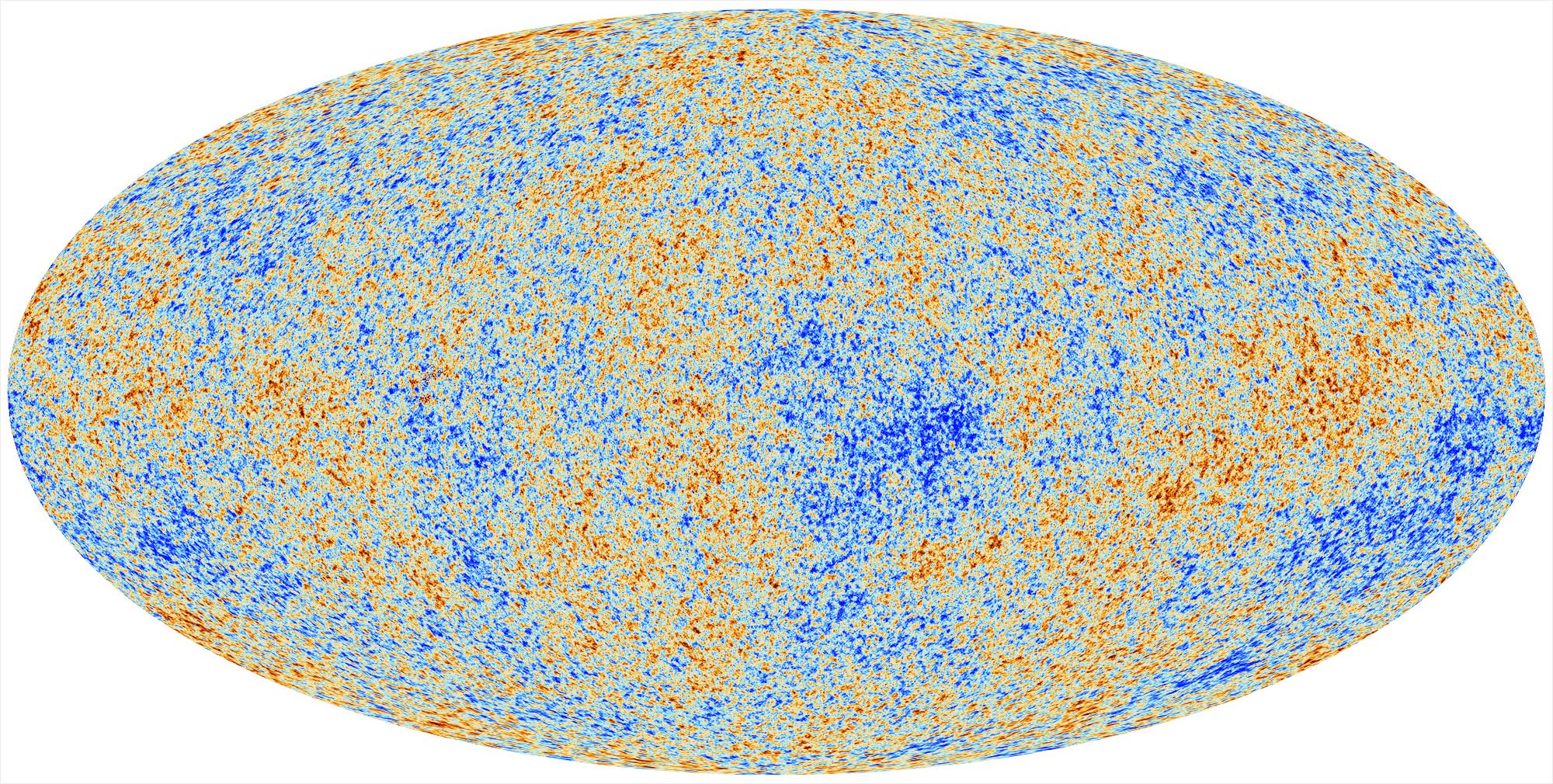
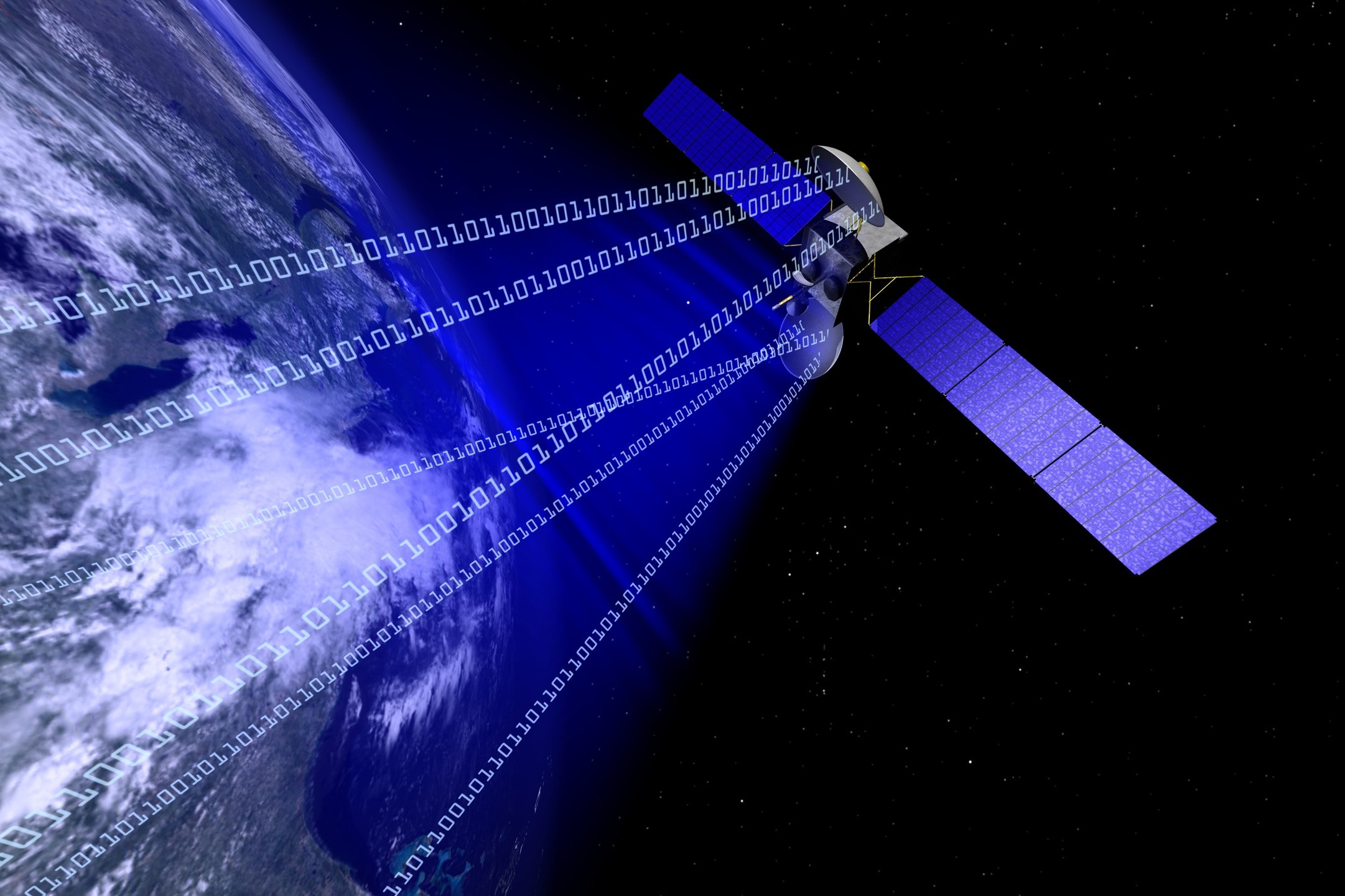
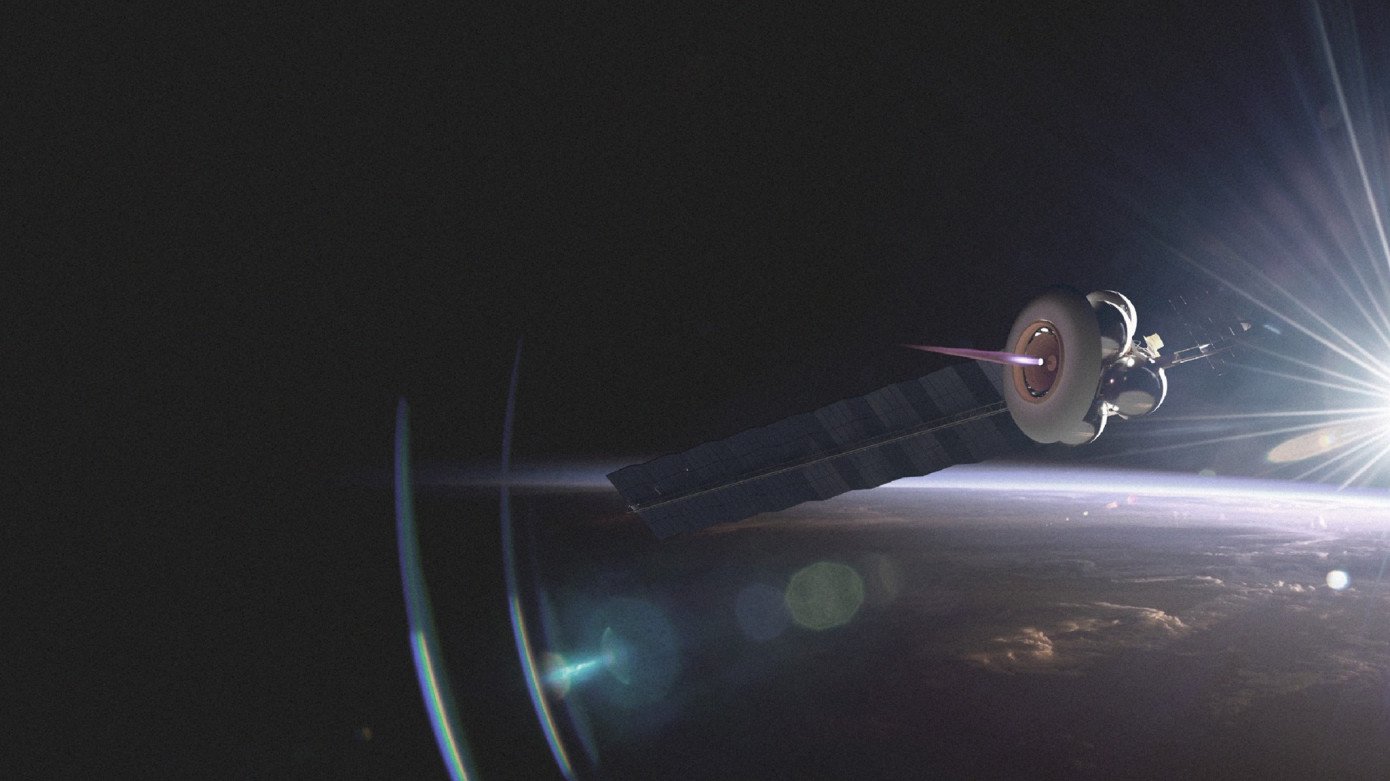
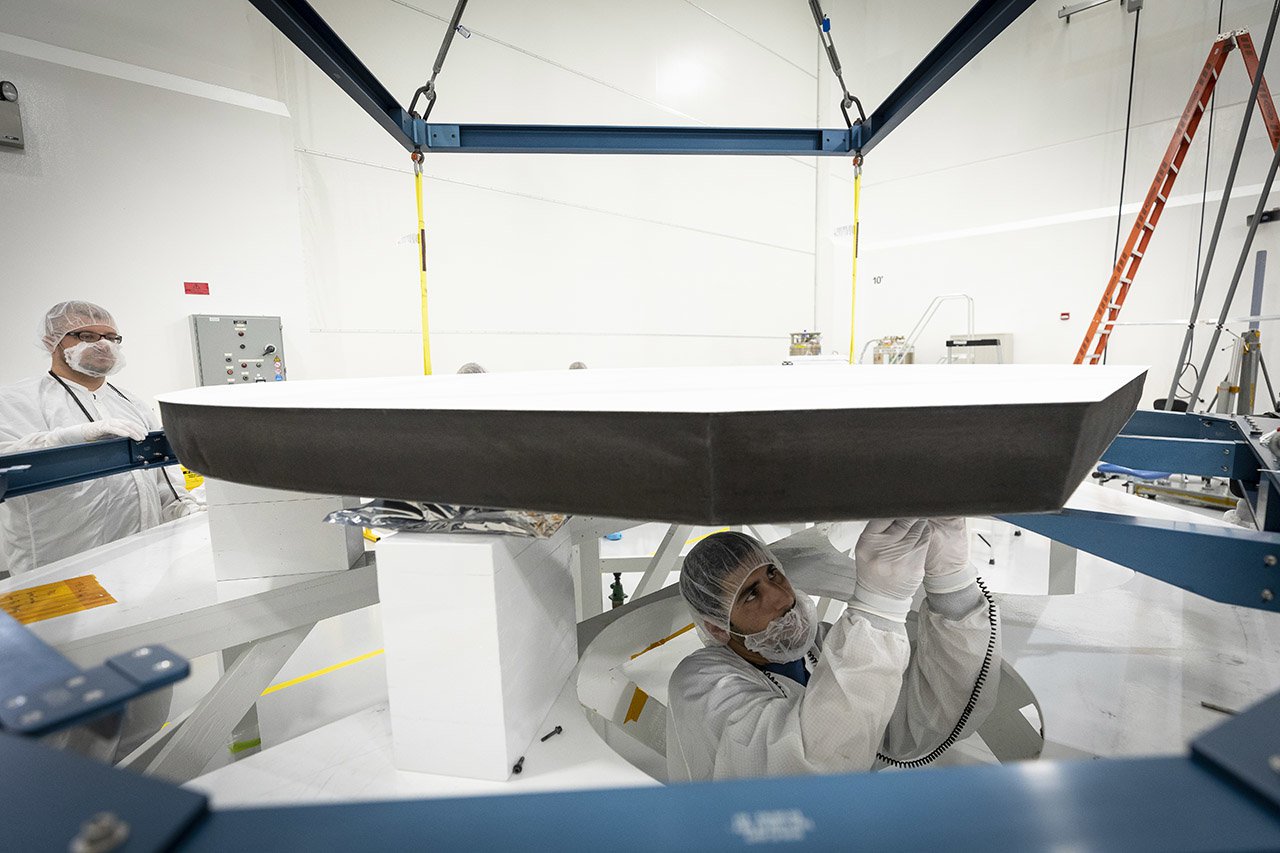
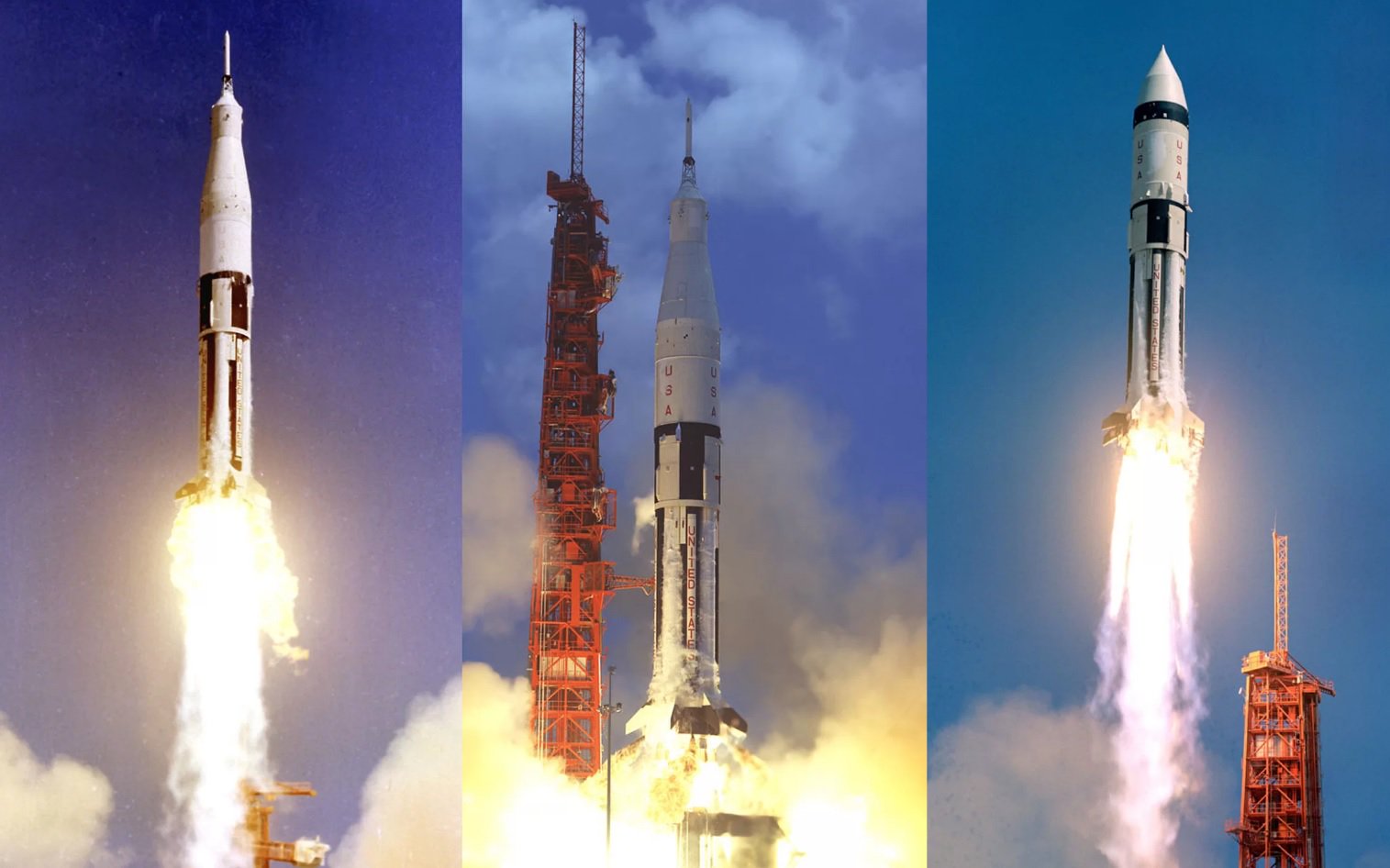
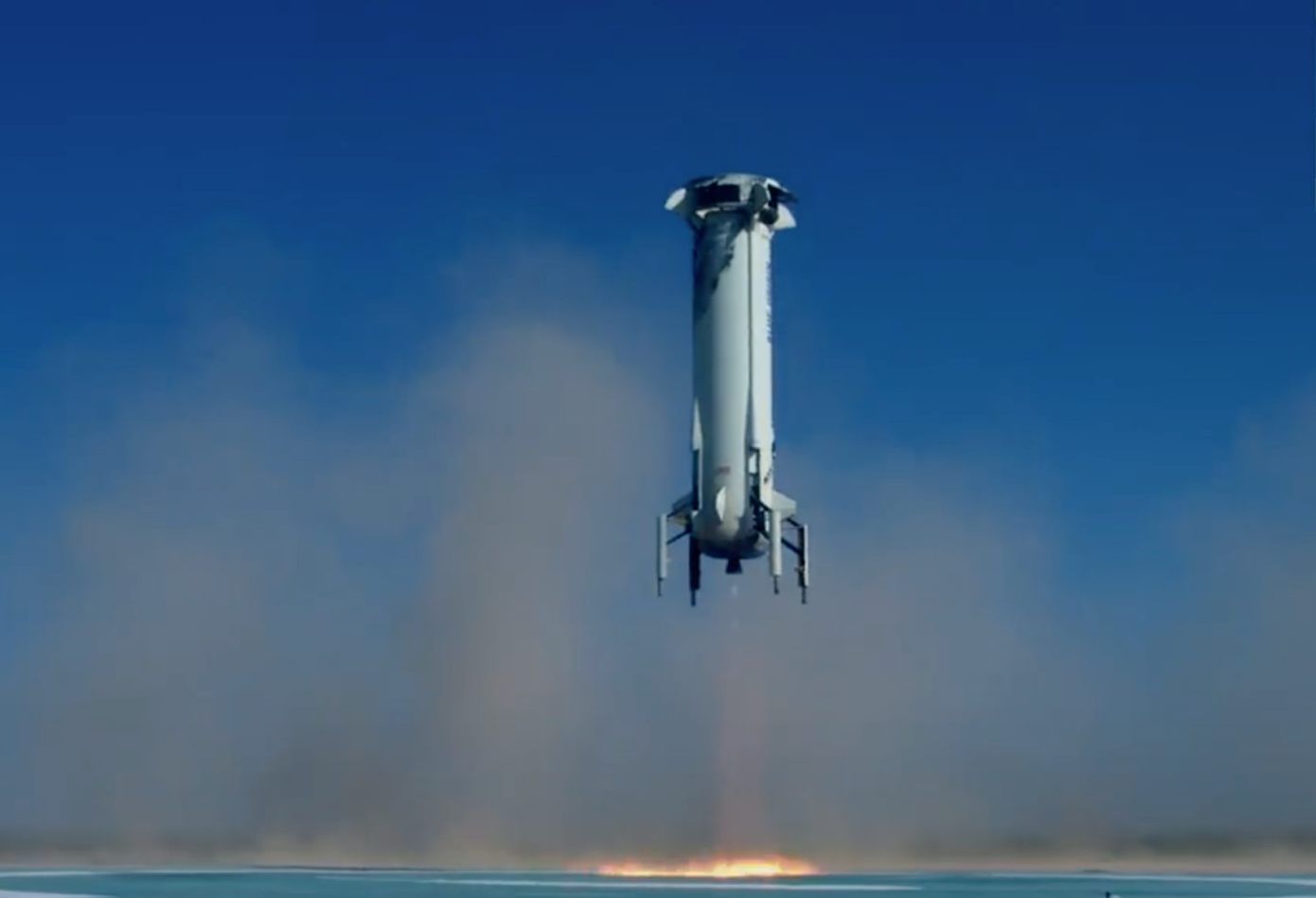
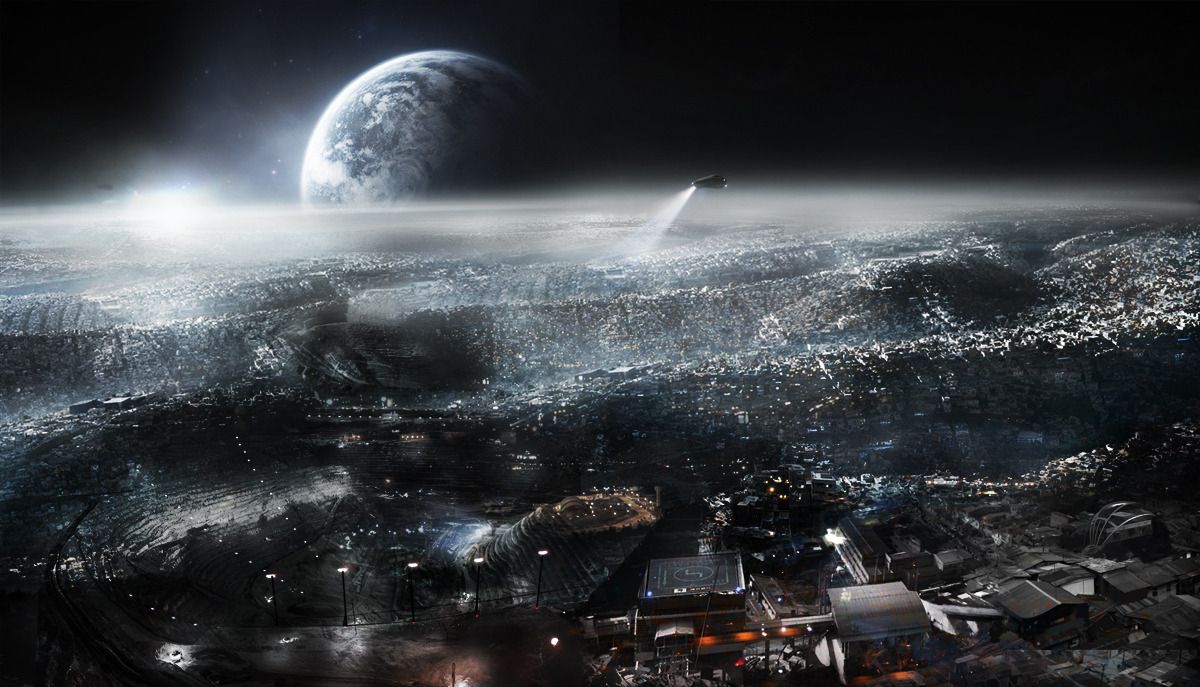
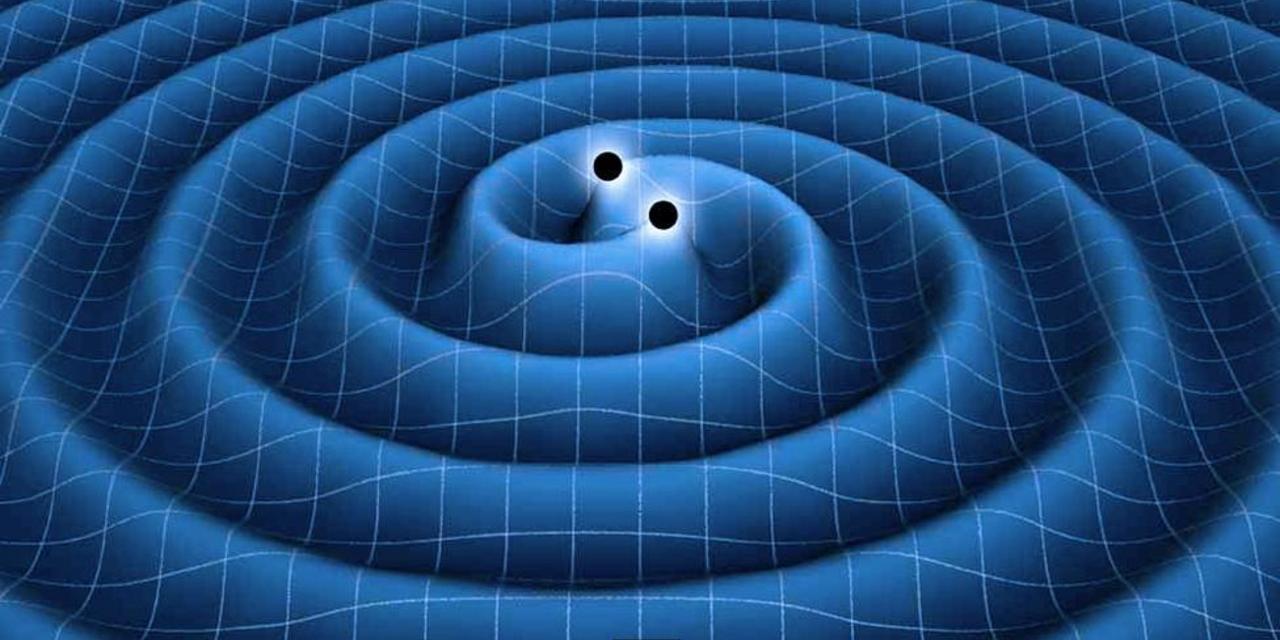
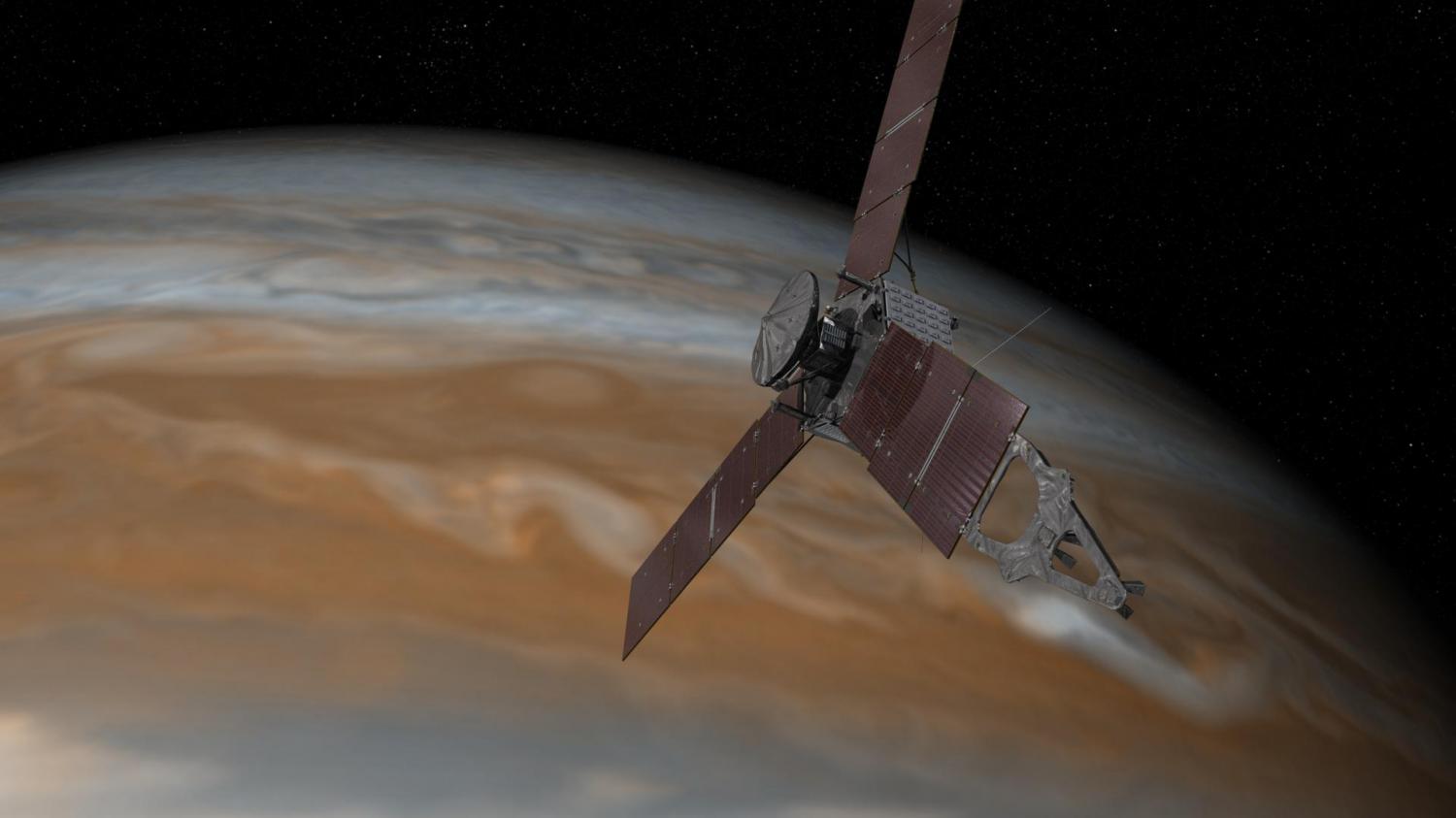
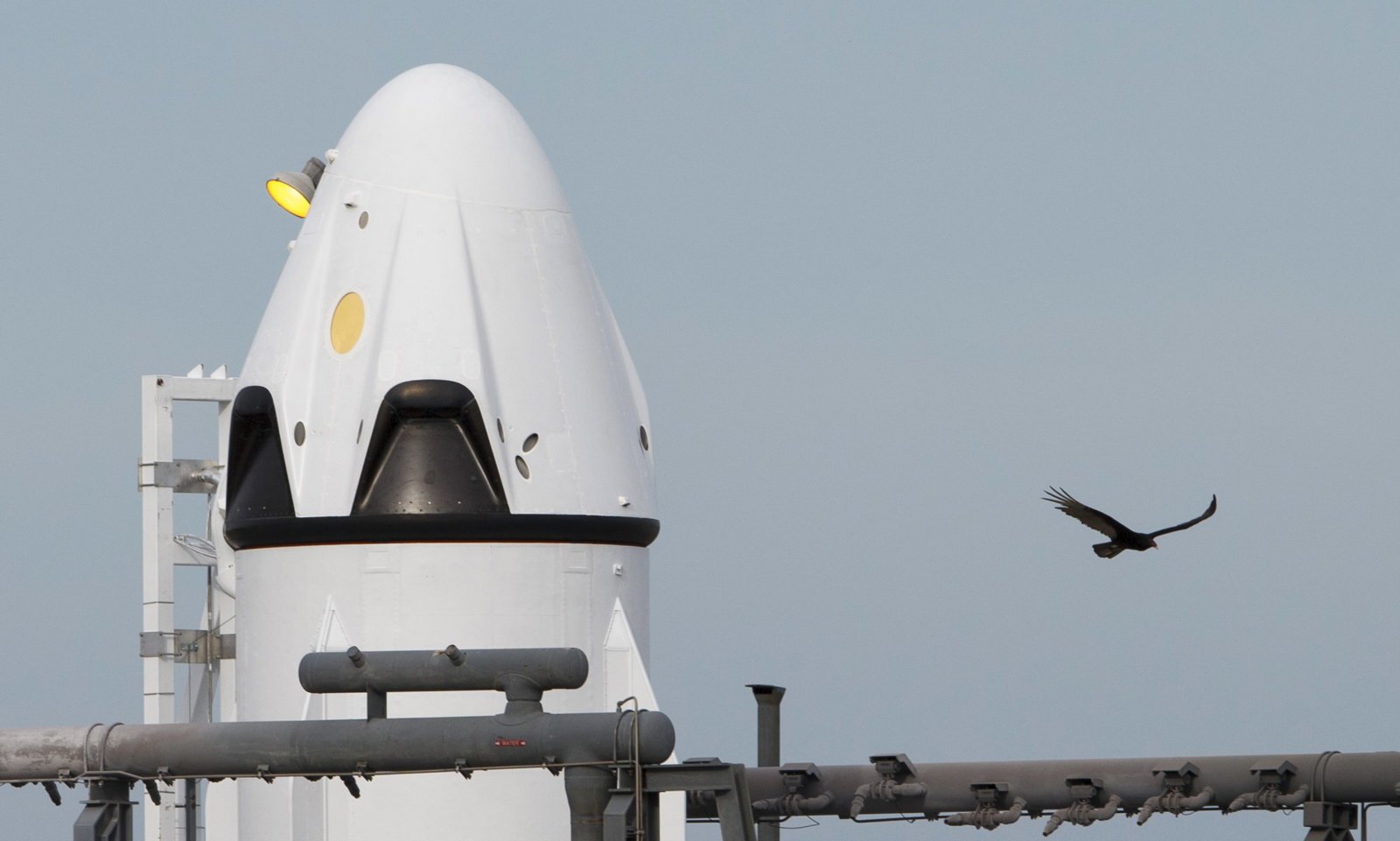
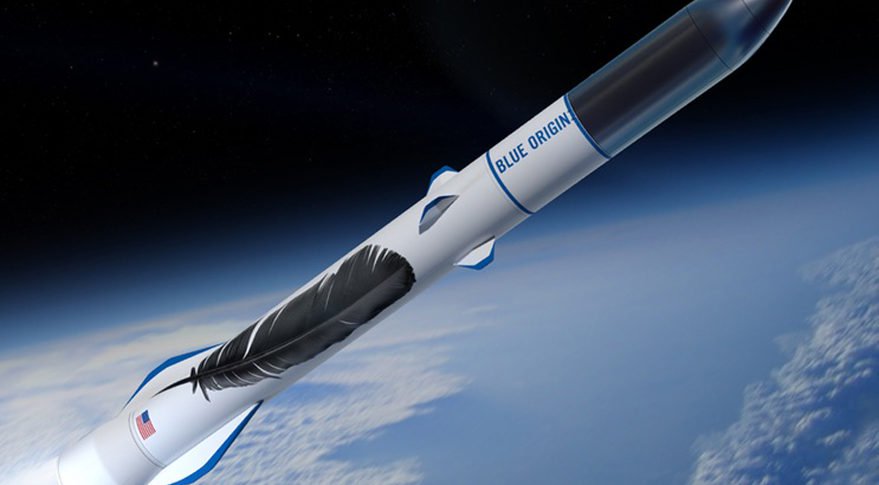

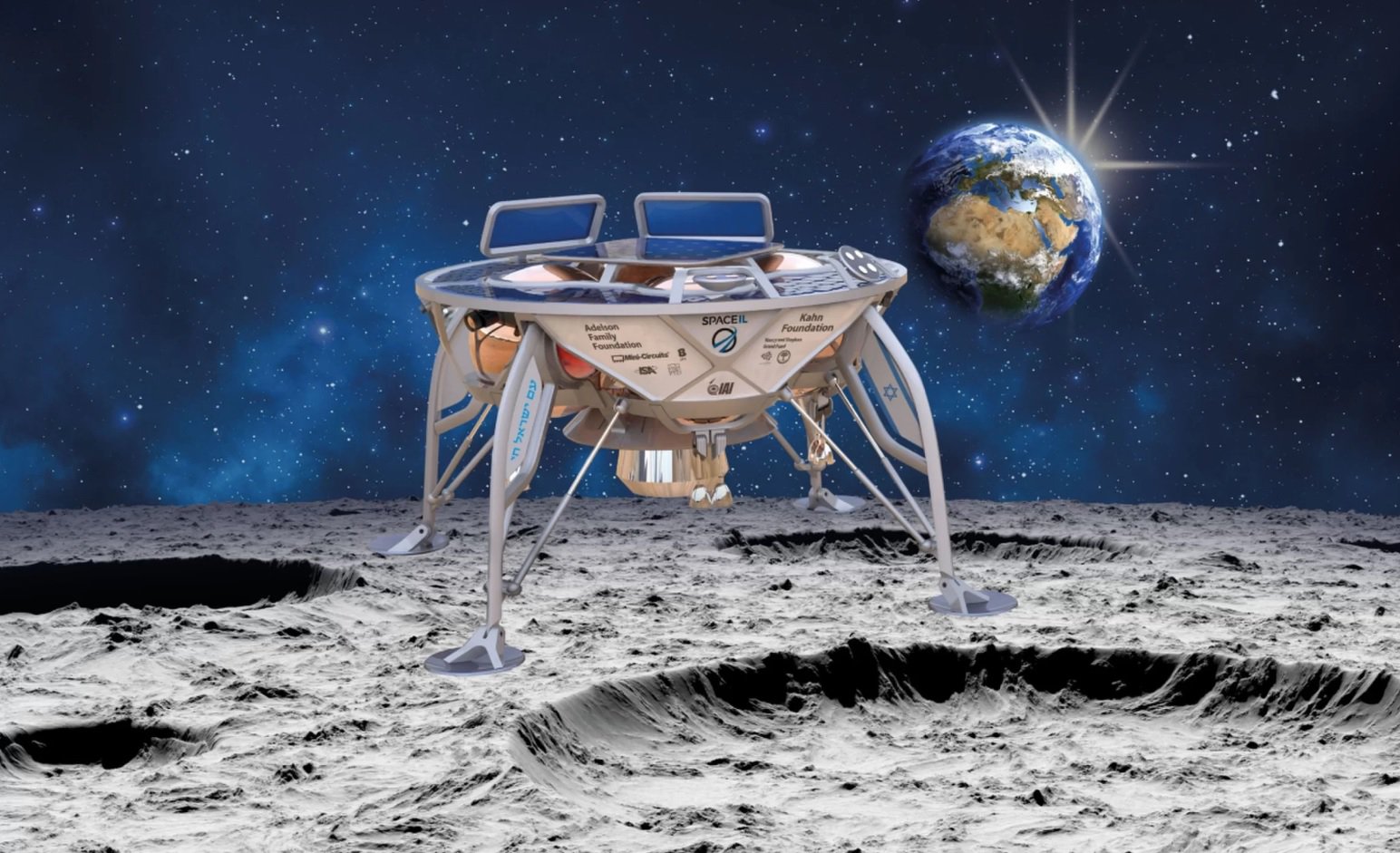
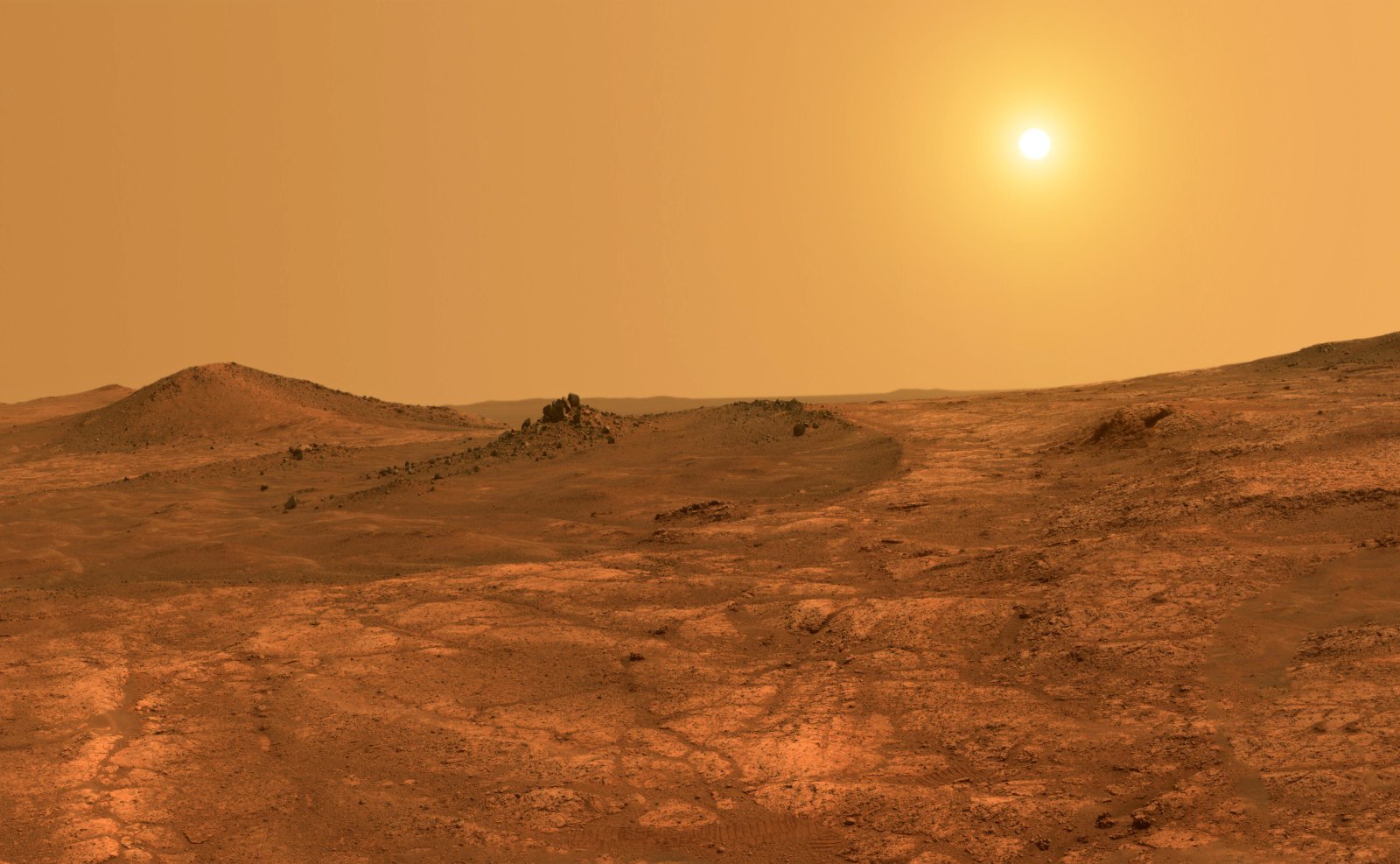
Comments (0)
This article has no comment, be the first!